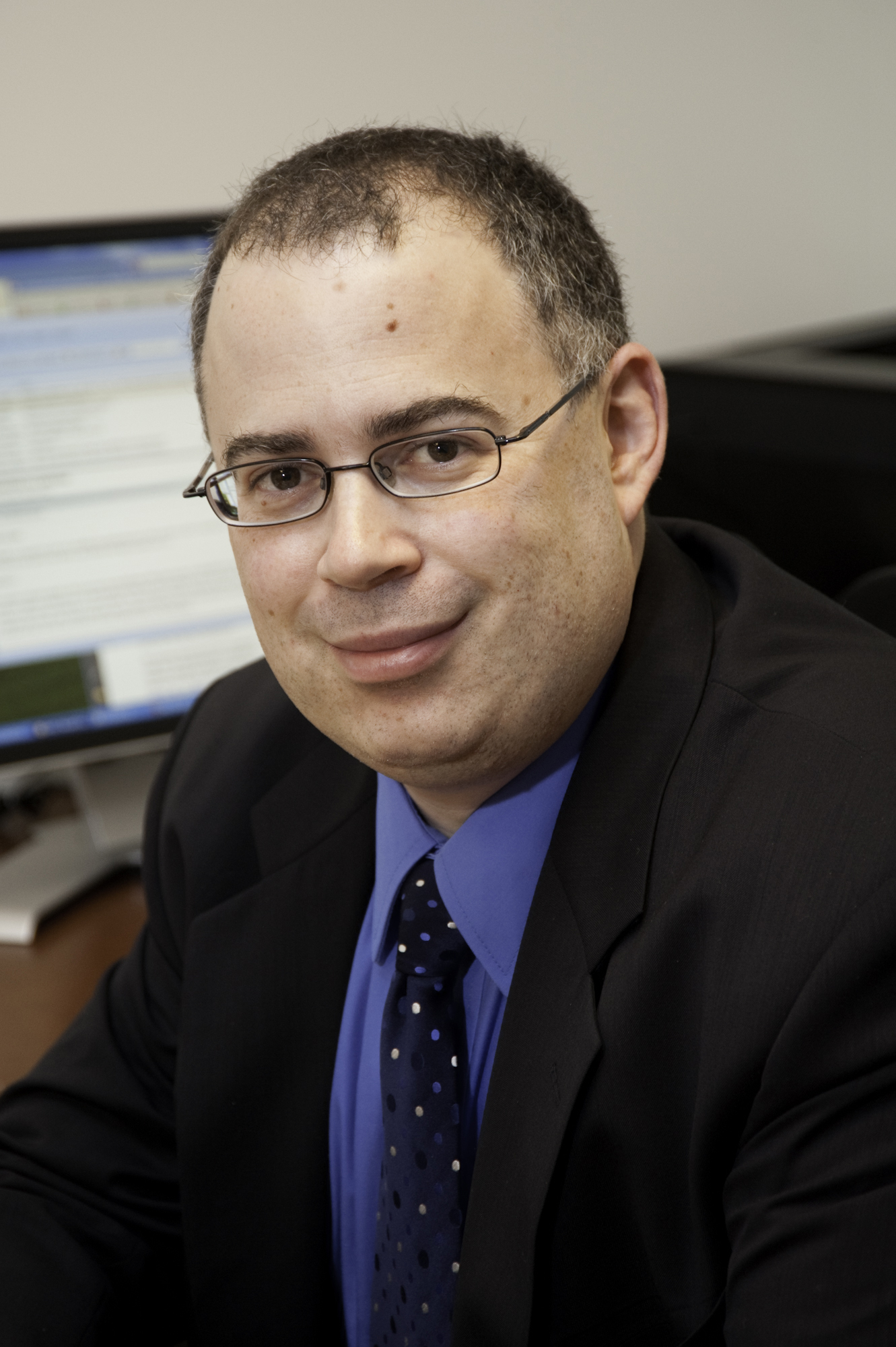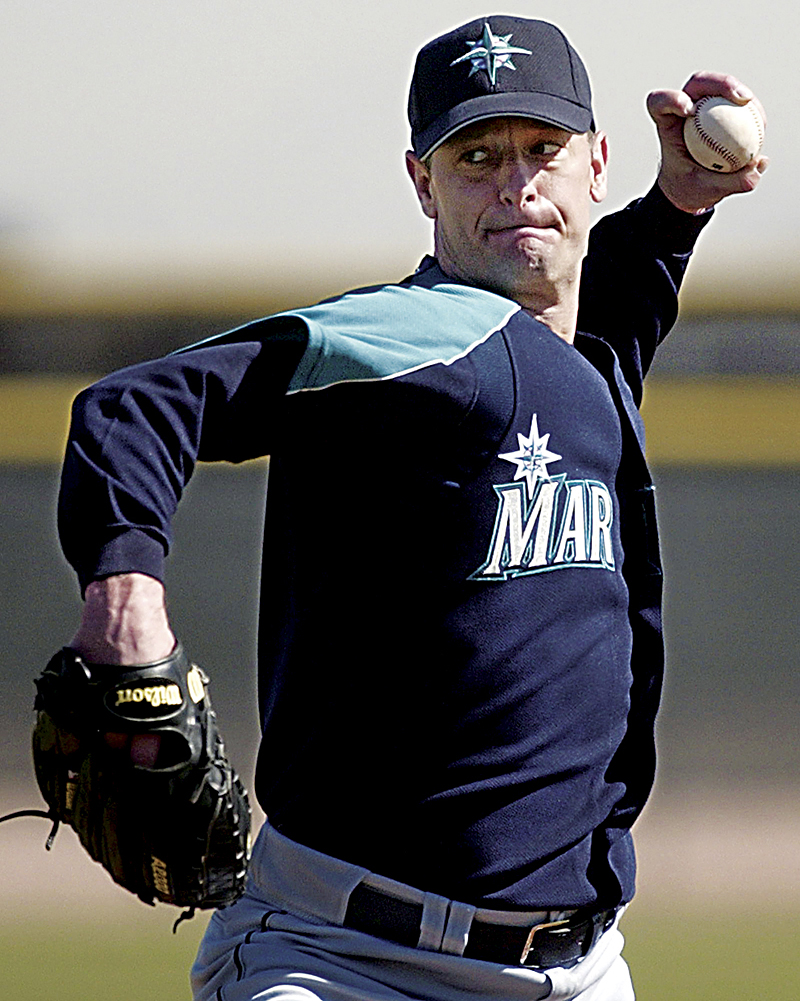Matthew WilliamsBack in December I profiled Robert Gagno, a 22-year-old autistic savant and the top-ranked pinball player in Canada. At the time, Robert and his family had just finished being filmed for a Science Channel series about savants. Now that footage is online, and it helps provide an answer for one of the profile’s biggest questions.To get to that question, we have to back up for a moment. In the weeks I spent hanging out with Robert and his family–at their Vancouver home and in tournaments both there and in Seattle–a theme began to emerge in my reporting: A lot of Robert’s competitors thought he was lucky.Not just normal lucky. In the words of one of them, “spooky” lucky. Things just seemed to happen to Robert on a pinball machine that didn’t happen to anyone else.This was interesting for a few reasons. First, because of the way pinball machines have evolved over the past century, the role of luck is actually much more minimal today than it was in the past. For decades, pinball makers have been giving players more control over a ball that used to be, as the saying goes, “wild.” Hence, less luck.The other reason this idea of luck was interesting was because it made Robert’s competitors sound jealous. I can assure you they aren’t. Robert’s competitors also happen to be his friends. And they weren’t trying to knock him down a peg, they were just attempting to explain things they’d seen happen which, to their trained eyes, were unexplainable.That brings us to the Science Channel series. Called Ingenious Minds, it’s an eight-part look at savants like Robert. (And thank God it’s called Ingenious Minds. The first title, Tortured Genius, made Robert and his fellow savants sound like miserable wretches, rather than real people.)Below is the first of four clips Science Channel has made available online. It’s a brief look at how Robert’s obsession with pinball began.In the second clip, Robert’s parents, Kathy and Maurizio, talk about some of the remarkable gifts their son had as a child, such as the ability to memorize much of the Vancouver phone book.And in this third clip, things start to get interesting. At least when it comes to the question of luck.As part of the Science Channel program, the series’ producers flew Maurizio and Robert to the world famous Mayo Clinic in Minnesota so that he could get an fMRI, the most advanced brain scan available today.What the doctors at the Mayo Clinic were looking for were any structural deficiencies in Robert’s brain. As you can see from the clip below, they didn’t find any. Robert’s brain, at least on a structural level, looks just like yours or mine.Now here’s the kicker. According to the doc at Mayo’s remarkably unsophisticated (though no less effective) tests, Robert processes fast-moving visual stimuli, like what happens in a pinball machine, as quickly as you or I might recognize the face of a loved one. In other words, unconsciously.That might help explain Robert’s “luck.” He’s able to see things that others–including those who play pinball as obsessively as he does–can’t.But as the doc in the video says, this isn’t a full explanation of Robert’s gifts. It’s at best an educated guess. And Robert, blessedly, still remains somewhat of a mystery.Follow The Daily Weekly on Facebook and Twitter.
More Stories From This Author
New state legislation fights catalytic converter theft
Governor Jay Inslee signed a bill on March 26 adding new regulations to the purchase and sale of catalytic converters…
By
Benjamin Leung • April 8, 2024 1:55 pm
Kirkland officer steps down following investigation into bikini barista incident
A Kirkland police officer accused of exhibiting odd behavior toward bikini barista employees while using a city-owned vehicle has resigned…
By
Cameron Sires • April 5, 2024 10:09 pm
KC Sheriff’s Office sues over Burien encampment ban
Office of Law Enforcement Oversight director calls Burien’s ordinance “unconstitutional.”
By
Cameron Sheppard • March 18, 2024 12:32 pm






